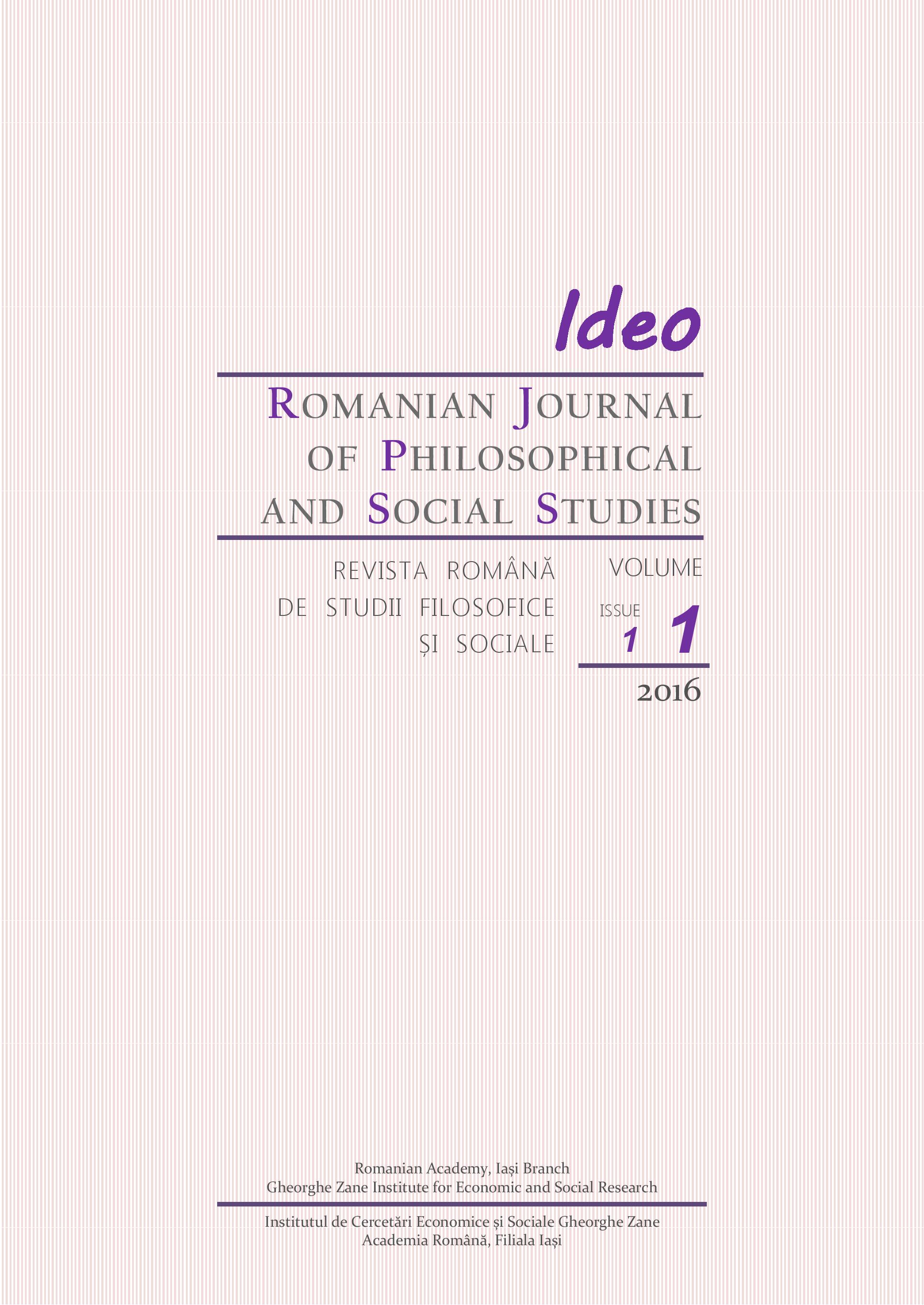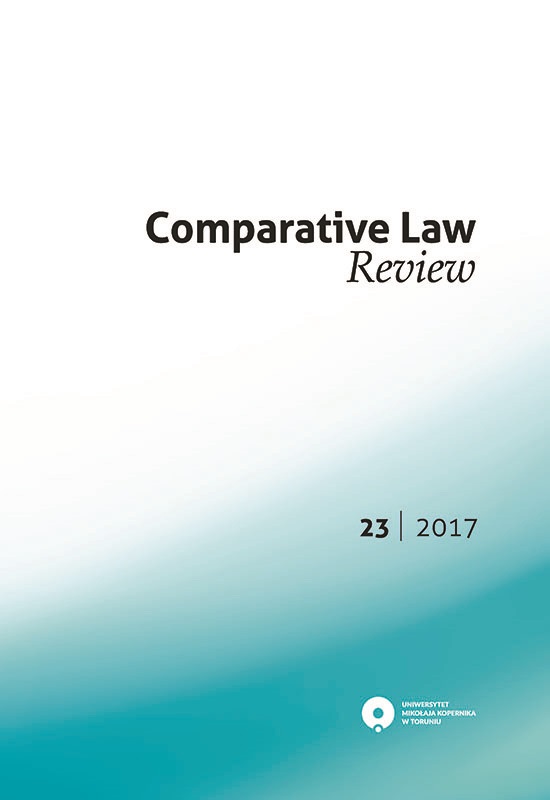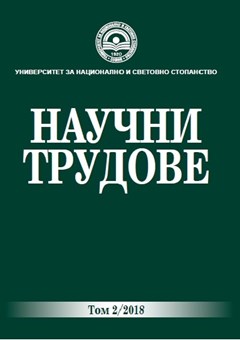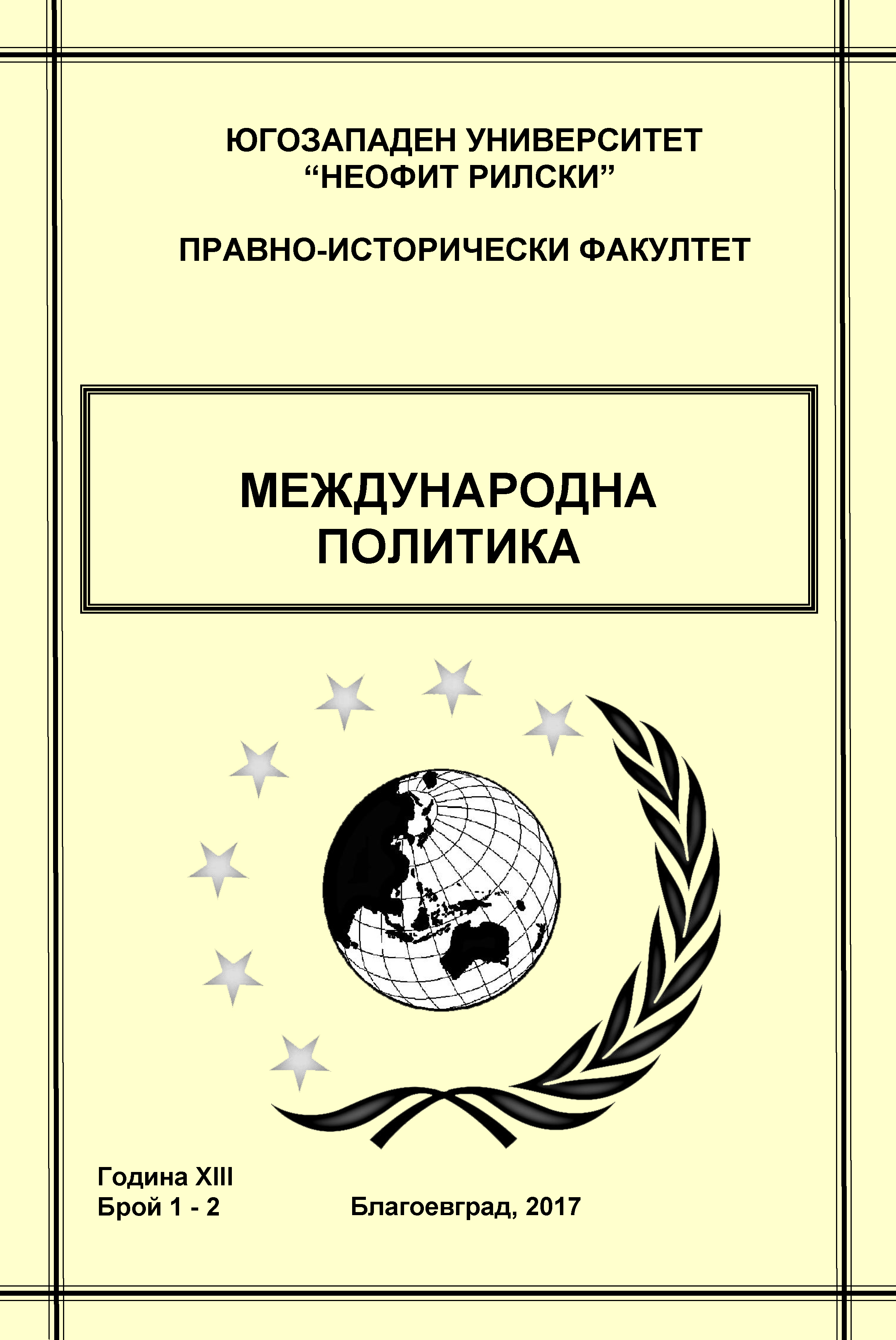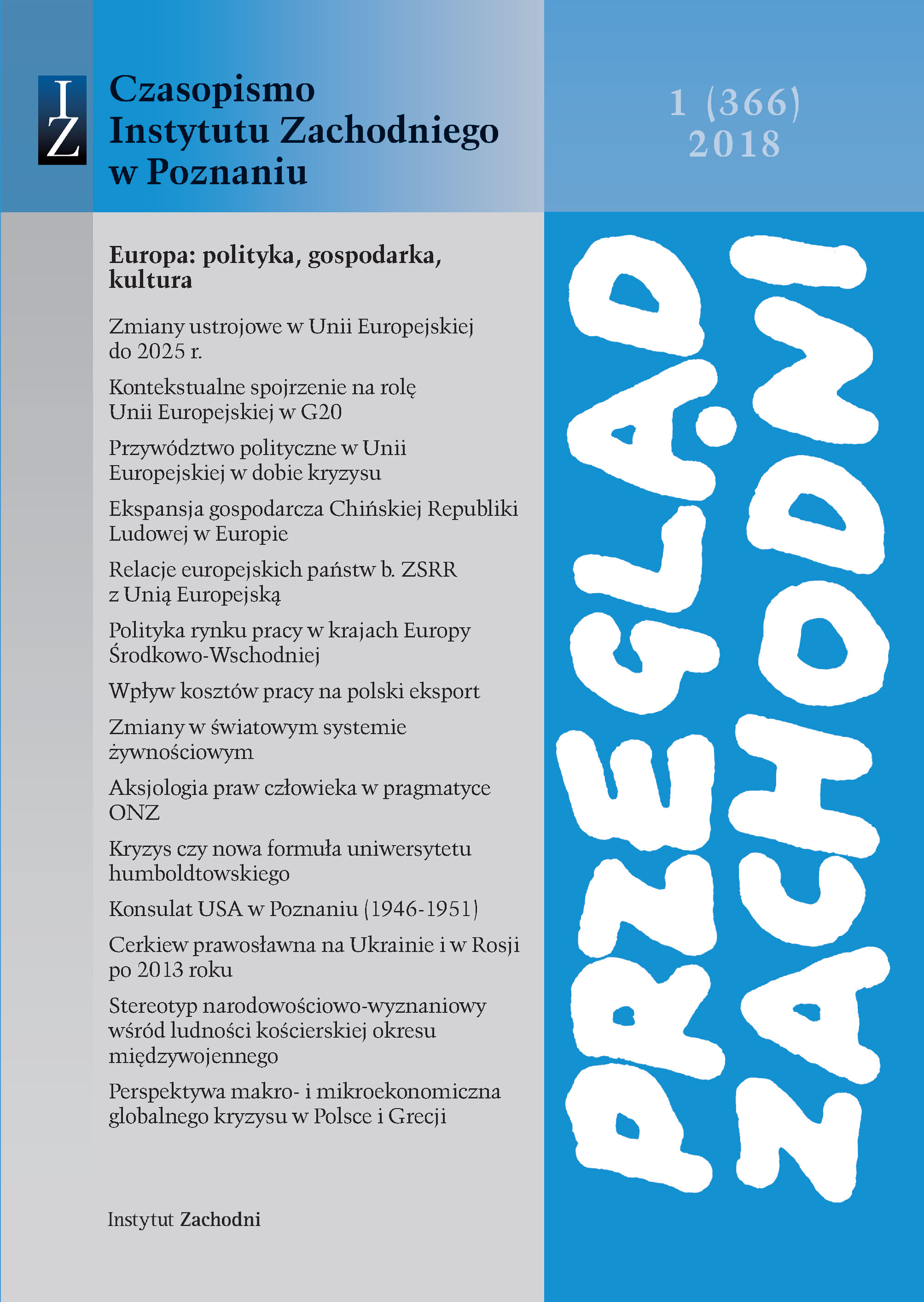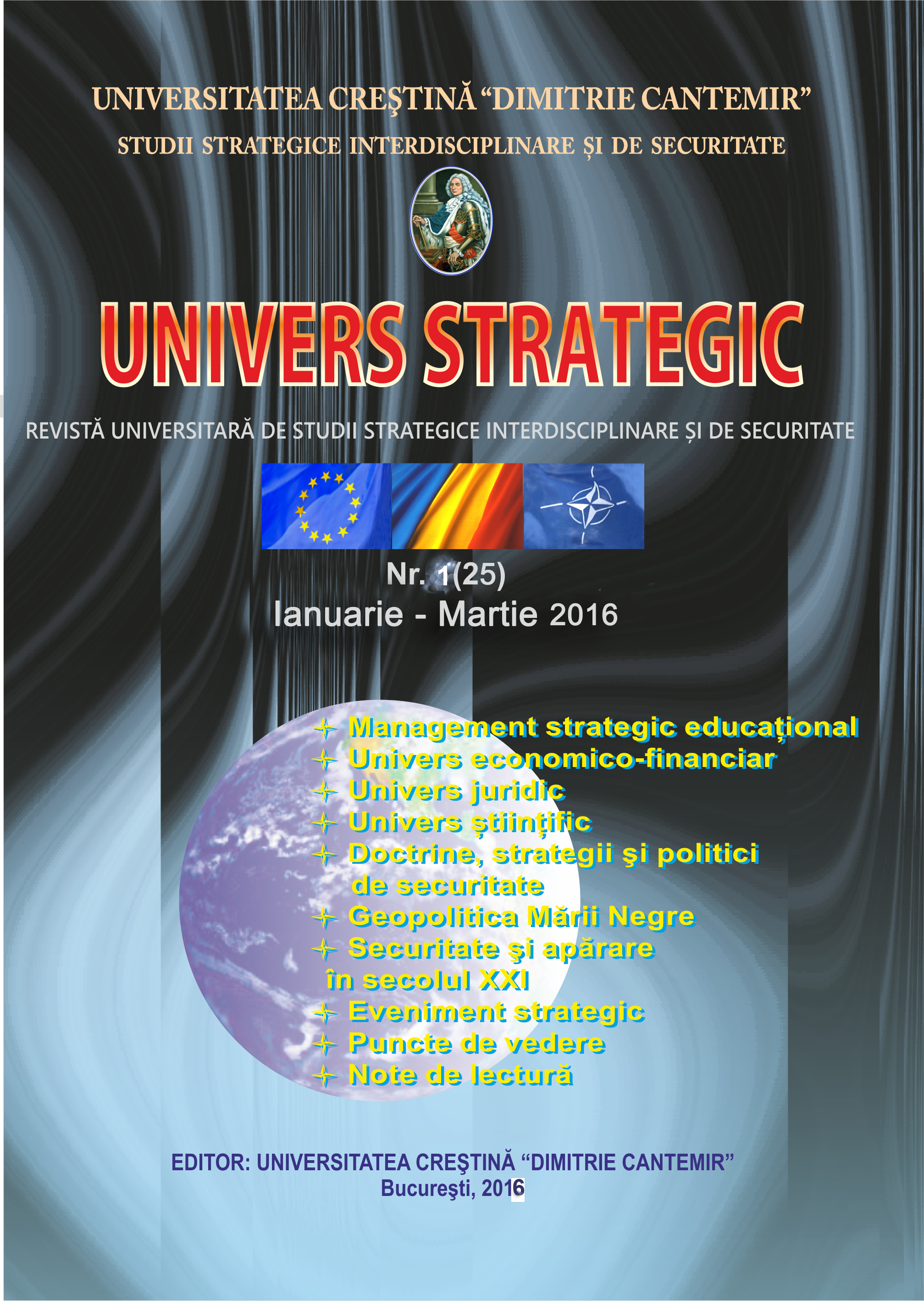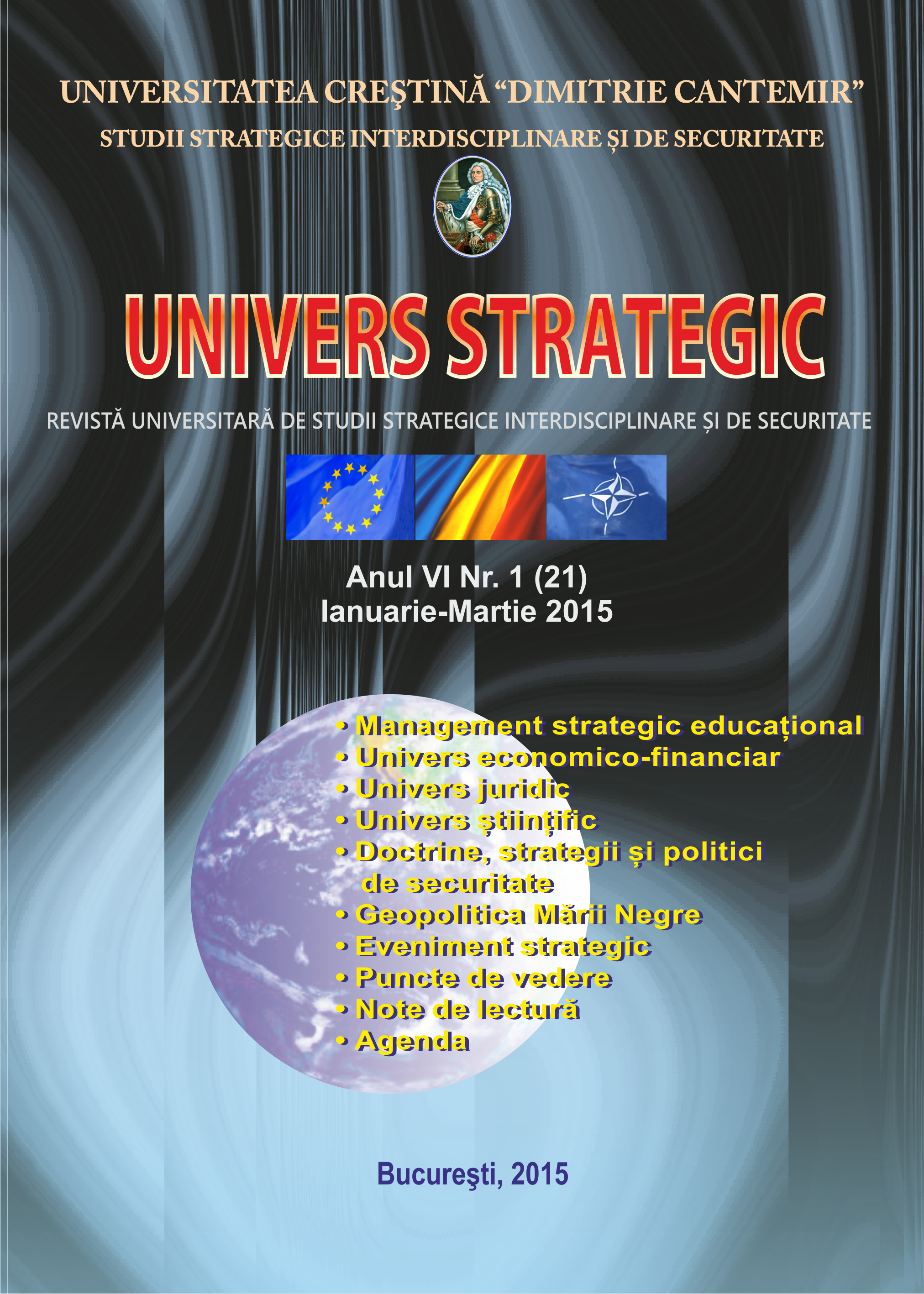THE EU-NEIGHBOURHOOD POLICY AND THE CASE OF TRANSNISTRIA
The armed conflict in Eastern Ukraine has been triggered by an aggressive EU neighborhood-policy. In the shadows of this policy, another hotspot was opened up by the EU and the Republic of Moldova, having signed an Association Agreement including the Deep and Comprehensive Free Trade Area (AA/DCFTA) established on 27 June 2014. By concluding this agreement, the EU has continued its policy of neglecting conflicts on the territory of the former Soviet Union, avoiding impartiality and taking a stand of supporting EU-friendly governments. Concurrently, the EU kept ignoring the history of these conflicts, the interests of the other party, and risked further collisions with the Russian Federation. Thus, the EU contributed to creating “vulnerable groups”, the most recent example are the people living in Transnistria. Russian-speaking people were ignored by a Rumanian/Moldovan nationalist political movement in 1989, which introduced the Moldovan/Rumanian language in Latin letters as exclusive state language. The proclamation of the Transnistrian (Pridnestrovian) Moldovan Socialist Soviet Republic in 1990 and a short armed conflict consequently ended in intervention of parts of the 14th Soviet Army. From the total number of about 600.000 people living in Transnistria today, about 34 % of the population identify themselves as Moldovans, 28 % as Russians and 26 % as Ukrainians still using the Russian language as official language alongside the Ukrainian and Moldovan language. According to Article 12 of the Constitution of the Transnistrian Moldovan Republic, these people need legal protection in order to have their interests considered when resolving the conflict with the government of the Republic of Moldova, which is supported by the EU.
More...
